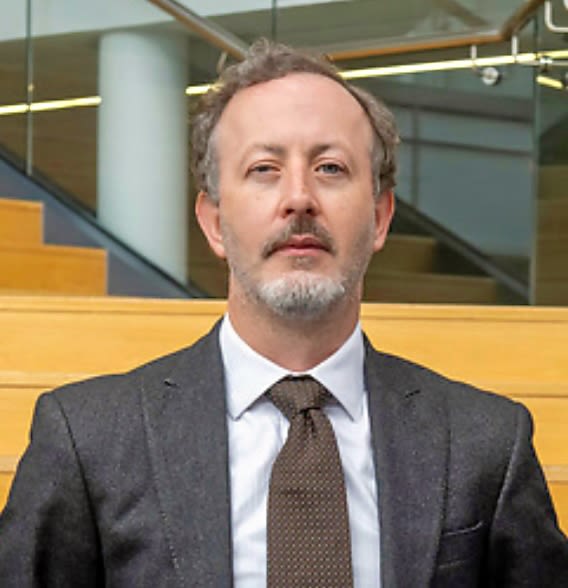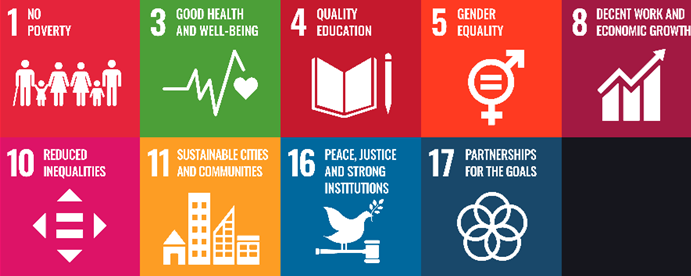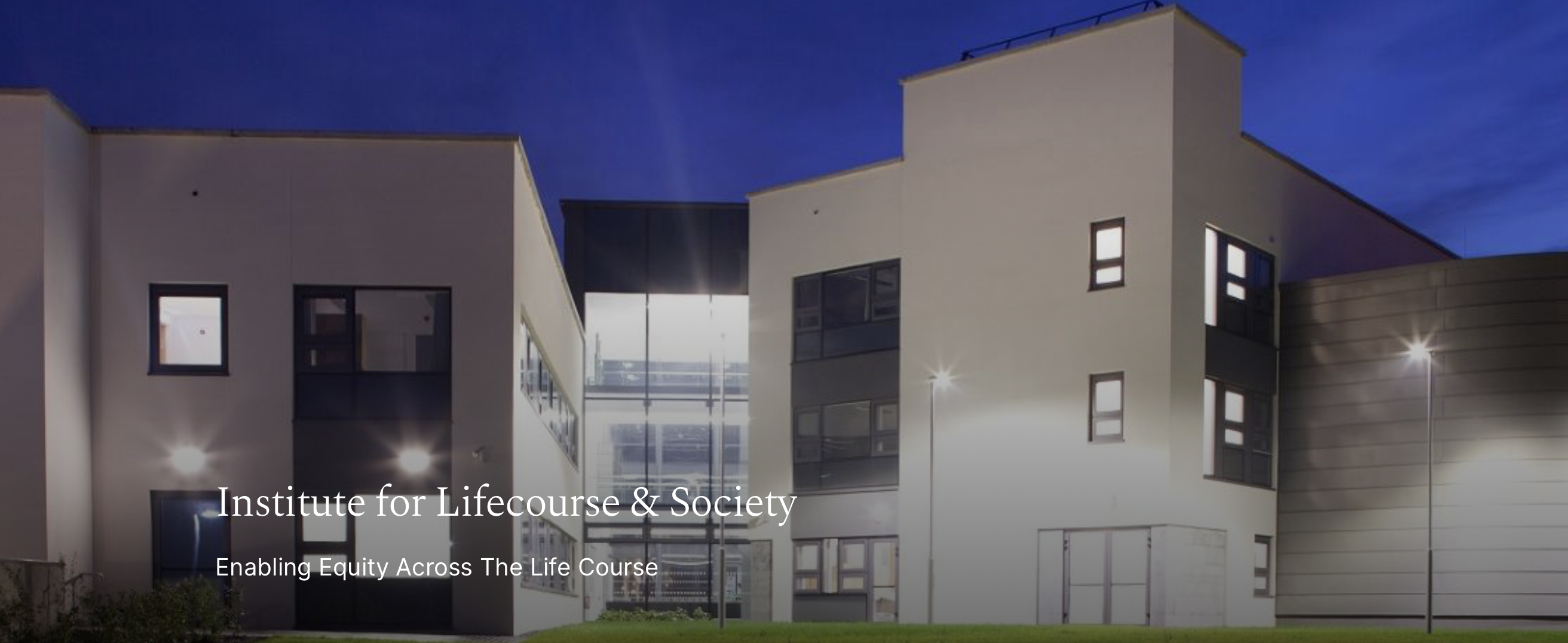Professor Kieran Walsh
Professor of Ageing & Public Policy; Director of the Irish Centre for Social Gerontology
J.E. Cairnes School of Business and Economics, University of Galway

Kieran Walsh is Professor of Ageing & Public Policy and Director of the Irish Centre for Social Gerontology (ICSG), within the Institute for Lifecourse and Society, at the University of Galway.
Kieran has significant experience in ageing and public policy and interdisciplinary social gerontology research, and has published extensively within the field of ageing. His research focuses on: social exclusion in later life; life-course transitions and trajectories; place, belonging and a sense of home; and informal and formal infrastructures of care. Kieran was the former Chair of the ROSEnet COST Action network on ‘Reducing old-age social exclusion’ (2016-2020), and is currently Scientific Coordinator of the new Marie-Sklodowska Curie doctoral training network on ‘Advancing research and training on ageing, place and home ‘- HOMeAGE.
With a track record of working closely with senior levels of public policy and professional practice, Kieran is focused on translating research into real-world impact and integrating this experience in the design of impactful research and teaching programmes. He has played a leading role in the development of international multi-site and interdisciplinary research studies. This programme is the first of its kind in Ireland and one of the first internationally.
Kieran's work contributes to these SDGs:
With a view to informing a holistic understanding of later life in public policy, the Irish Centre for Social Gerontology (ICSG) conducts research on ageing and the life course that responds to gaps in scientific knowledge, policy and practice, while promoting the diversity of ageing experiences.
The work of the ICSG is particularly focused on supporting the voice of marginalised groups of the older population, and integrating these perspectives into research and public policy design and development.
ICSG is committed to producing research that actively responds to emerging and critical gaps in scientific knowledge and policy formulation on ageing and the life course. Our work and focus therefore evolves and adapts to the needs of scientific, policy and stakeholder communities nationally and internationally. Current programmes can be grouped under four interconnected themes on ageing and the life course:
Social exclusion and inequality
Work and retirement
Place and changing contexts
Long-term care and Dementia care
Key Target: 10.2 By 2030, empower and promote the social, economic and political inclusion of all, irrespective of age, sex, disability, race, ethnicity, origin, religion or economic or other status.
Kieran has published extensively in the area of social exclusion of older people and contributed to theory and conceptual debates in relation to social inequalities and ageing. This is evident particularly in areas related to: theoretical frameworks on old-age social exclusion Walsh et al. 2017 and the identification of drivers of multi-dimensional disadvantage in later life Walsh et al. 2020. These frameworks have been harnessed extensively within the literature to progress new areas of investigation, and future research agendas.
Kieran has also been instrumental in driving the generation of interdisciplinary understandings in this area, including serving as: lead editor of Social Exclusion in Later Life, a 34-chapter edited volume, Walsh et al. 2021, comprising 77 authors from 28 countries; and main proposer and Chair of the COST Action CA15122 on ‘Reducing old-age social exclusion’ – ROSEnet (CA 15122), involving over 200 members from 41 countries. All publications listed are openly available.
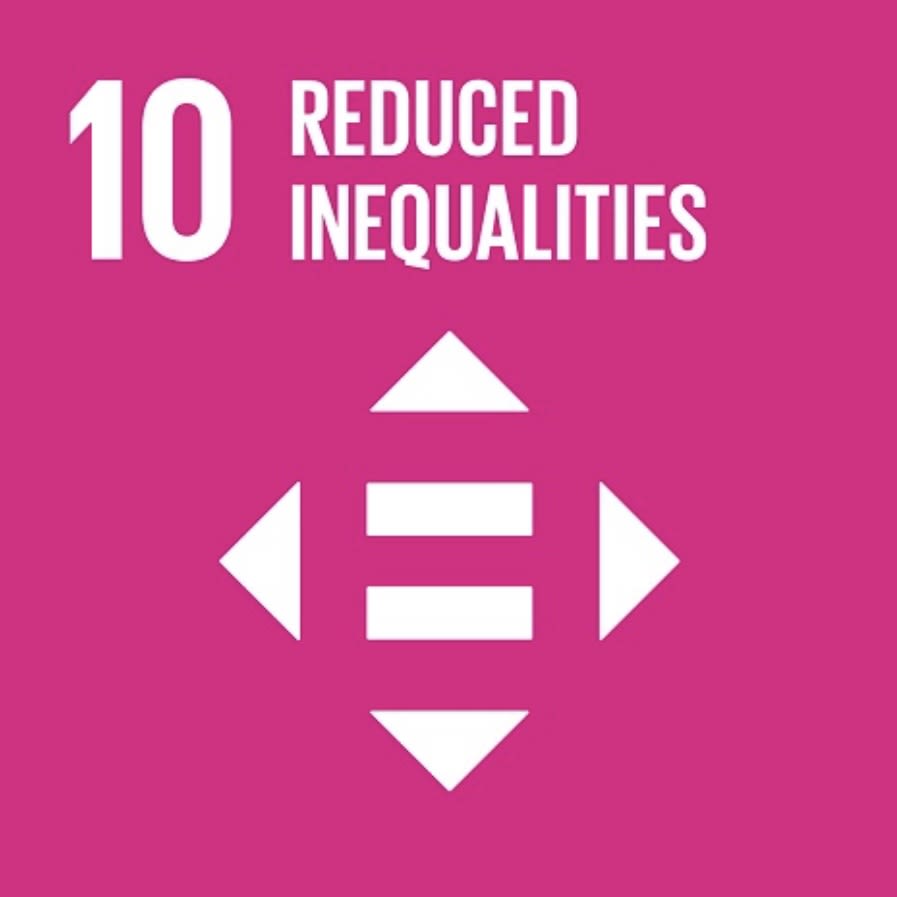
Teaching
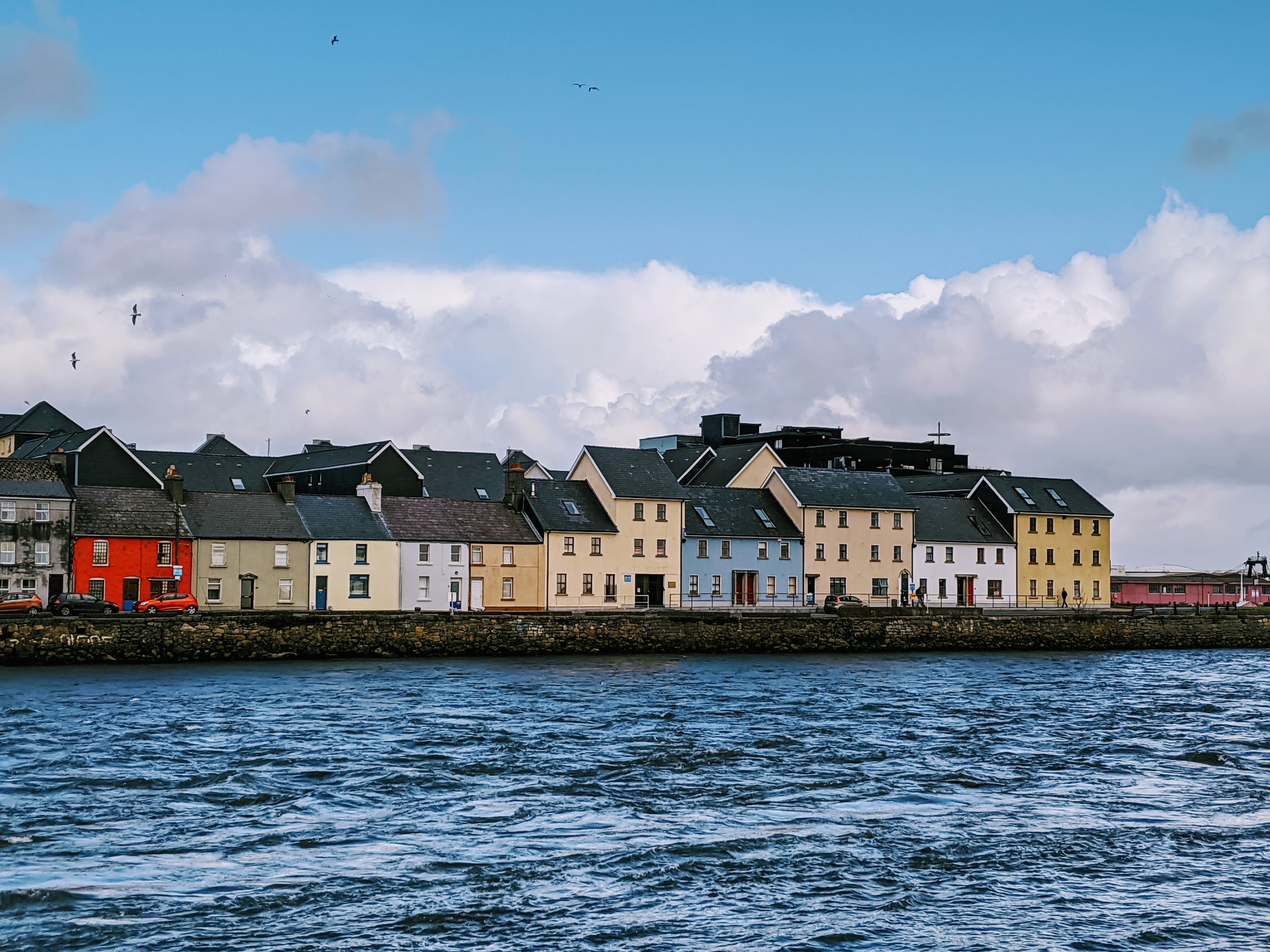
EC5125 - Environmental Gerontology and Ageing in Place Policy
Supporting Targets:
11.3 - By 2030, enhance inclusive and sustainable urbanization and capacity for participatory, integrated and sustainable human settlement planning and management in all countries
11.7 - By 2030, provide universal access to safe, inclusive and accessible, green and public spaces, in particular for women and children, older persons and persons with disabilities
EC5134 - Social Exclusion and Inequalities in Later Life
1.4 - By 2030, ensure that all men and women, in particular the poor and the vulnerable, have equal rights to economic resources, as well as access to basic services, ownership and control over land and other forms of property, inheritance, natural resources, appropriate new technology and financial services, including microfinance
10.2 - By 2030, empower and promote the social, economic and political inclusion of all, irrespective of age, sex, disability, race, ethnicity, origin, religion or economic or other status
10.3 - Ensure equal opportunity and reduce inequalities of outcome, including by eliminating discriminatory laws, policies and practices and promoting appropriate legislation, policies and action in this regard
16.6 - Develop effective, accountable and transparent institutions at all levels
EC5143 - Research Methods for Health Economics and Policy
Supporting Targets:
3.8 - Achieve universal health coverage, including financial risk protection, access to quality essential health-care services and access to safe, effective, quality and affordable essential medicines and vaccines for all.
4.3 - By 2030, ensure equal access for all women and men to affordable and quality technical, vocational and tertiary education, including university
Teaching and Supervision
Kieran is Director of the MSc in Ageing and Public Policy, an interdisciplinary degree that critically examines demographic ageing as a cross-cutting public policy challenge. Kieran delivers several modules on this programme, as well as contributing to module delivery on the MSc in Health Economics.
Kieran currently supervises six PhD students, with co-supervisors from within Economics, Management, Geography and Occupational Therapy Disciplines. All PhDs work within the broad areas of ageing and inequality, with three students also focusing on different aspects of ageing in place.
Engagement
Many of the projects Kieran has led draw on participatory methodologies, and build in meaningful engagement to inform the direction, completion and output of research programmes. They have also included the use of methods such as peer-researcher training, and consultative and translation forums involving the co-identification of priority areas and co-production of policy recommendations across different groups of stakeholders (Walsh et al., 2022). This included: The older Traveller and older adults experiencing homelessness study (OTOH study); the Service (user) Involvement in Health and Social Care for Excluded Populations (SILE) study; and the VirtualEngAGE – Positive Ageing in Virtual Environments study.
Kieran has also worked with colleagues within the Institute for Lifecourse and Society (ILAS), to develop the ILAS Engagement Programme, comprising of the ILAS Public Policy Innovation Series, and the ILAS International Research Training Series.
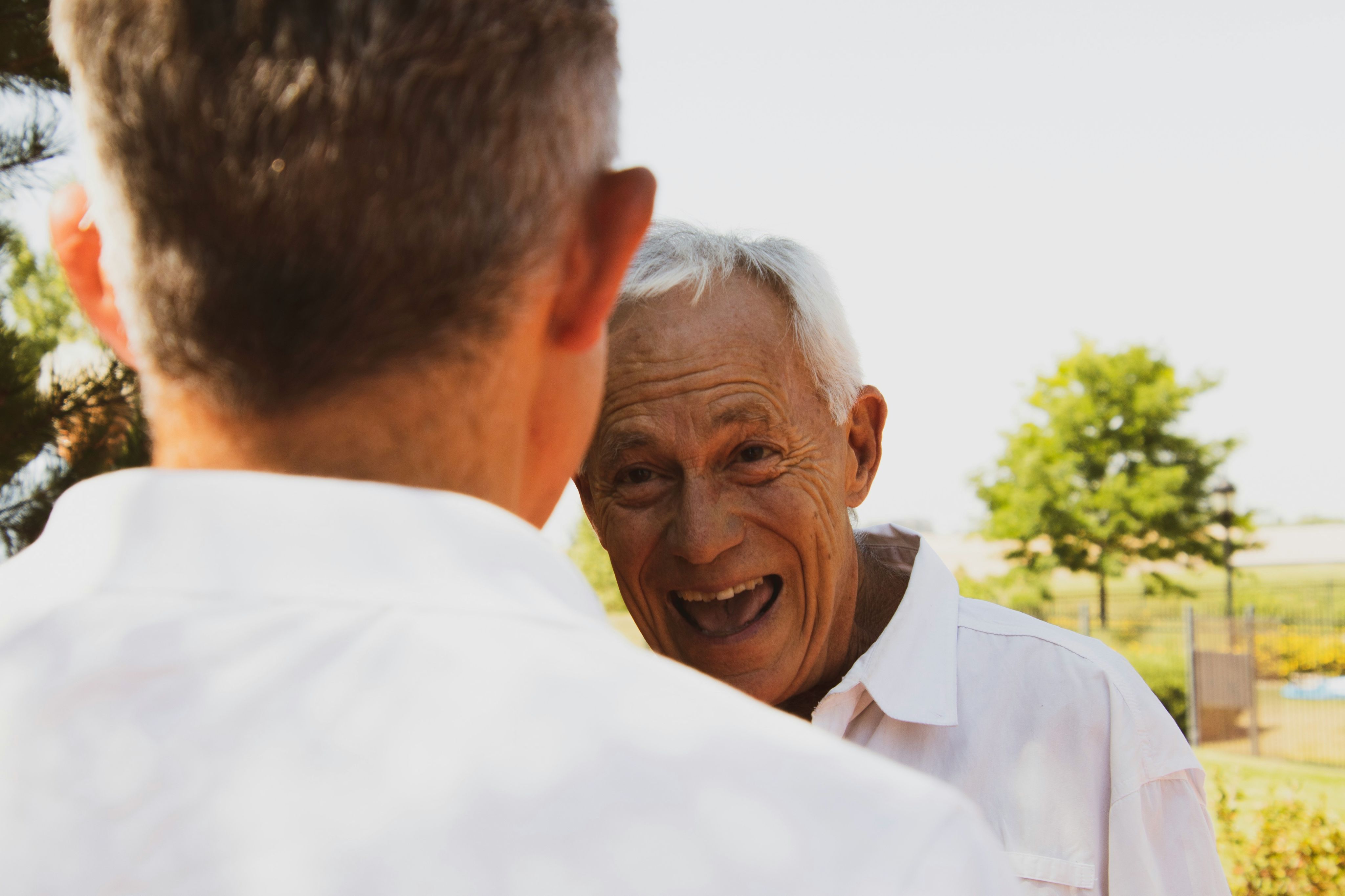
Direct impact SDG Targets
1.4 - Equal rights to ownership, basic services, technology and economic resources
1.B - Create pro-poor and gender-sensitive policy frameworks
5.4 - Value unpaid care and promote shared domestic responsibilities
10.1 - Reduce income inequalities
10.2 - Promote universal social, economic and political inclusion
10.3 - Ensure equal opportunities and end discrimination
10.4 - Adopt fiscal and social policies that promotes equality
11.3 - Inclusive and sustainable urbanization
16.6 - Develop effective, accountable and transparent institutions
16.7 - Ensure responsive, inclusive and representative decision-making
17.6 - Knowledge sharing and cooperation for access to science, technology and innovation
Indirect impact SDG Targets
1.1 - Eradicate extreme poverty
1.3 - Implement social protection systems
1.A - Mobilize resources to implement policies to end poverty
3.8 - Achieve universal health coverage
8.1 - Sustainable economic growth
11.1 - Safe and affordable housing
11.2 - Affordable and sustainable transport systems
16.B - Promote and enforce non-discriminatory laws and policies
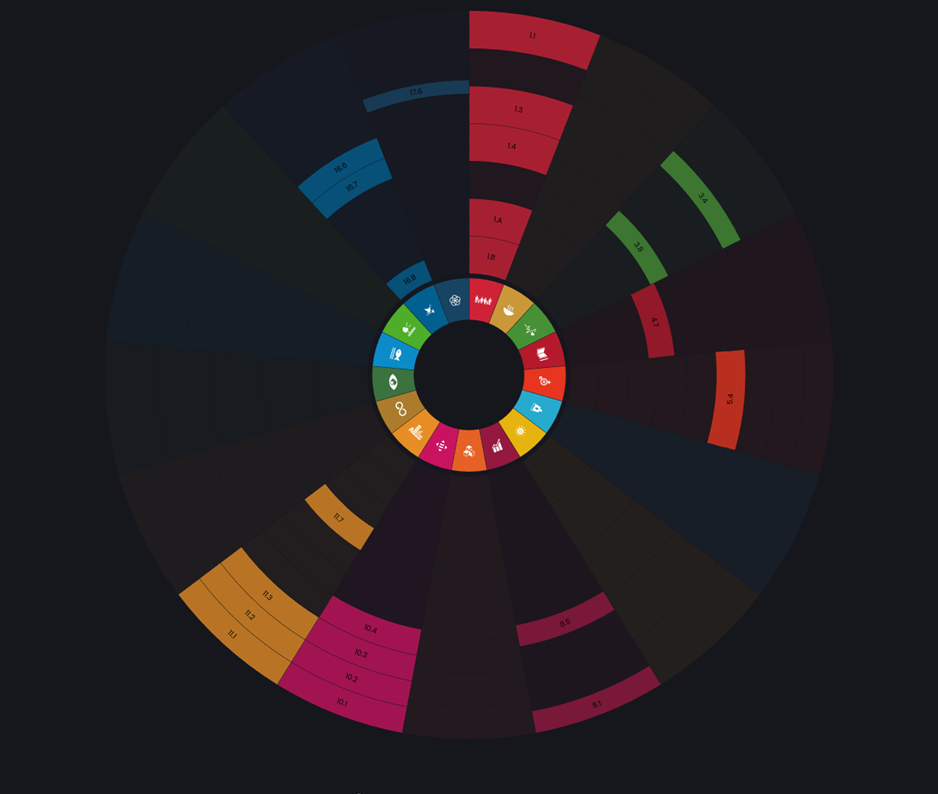
Research

HOMeAGE
Advancing Research and Training on Ageing, Place and Home
HOMeAGE aims to institute an interdisciplinary, intersectoral and international programme of doctoral training and research that drives the development of new leaders in excellence for the advancement of evidence-based innovation on ageing in place.
Ageing in place is critical to the future of ageing societies in Europe. Older people’s places are recognised as fundamental to long-term health and wellbeing outcomes – a fact that has been magnified during the Covid-19 pandemic. Yet, critically, almost a third of older people in Europe experience neighbourhood deprivation, a fifth encounter a lack of cohesion, a growing number are homeless, and approximately 3 million continue to reside in institutional settings. There are significant concerns that efforts are failing to support ageing in place. With its development as a field fragmented across disciplines and sectors, and with few researchers equipped to tackle this fragmentation, innovation in research and policy risks stagnation.
HOMeAGE will address the three interconnected challenges of (1) needs and systems, (2) home and belonging and (3) rights and voice, through the work of 12 doctoral researchers and their individual research projects.

Featured Publications
|
References |
SDGs |
|---|---|
|
Carroll, B., Walsh, K., Scharf, T. and 2 more (...) (2023). Positive health and ageing policies for older Irish Travellers and older people who have experienced homelessness in Ireland: Life-course meanings and determinants. Social Science and Medicine, 336. |
3.3, 3.7; 10.2, 10.3; 11.1; 1.2 |
|
Walsh, K., Scharf, T., Keating, N. (2017). Social exclusion of older persons: a scoping review and conceptual framework. European Journal of Ageing, 14(1), 81-98. |
16 |
|
Walsh, K., Shutes, I. (2013). Care relationships, quality of care and migrant workers caring for older people. Ageing and Society, 33(3), 393-420. |
8; 10 |
|
Warburton, J., Scharf, T., Walsh, K. (2017). Flying Under the Radar? Risks of Social Exclusion for Older People in Rural Communities in Australia, Ireland and Northern Ireland. Sociologia Ruralis, 57(4), 459-480. |
1 |
|
Cangiano, A., Walsh, K. (2014).Recruitment processes and immigration regulations: The disjointed pathways to employing migrant carers in ageing societies. Work, Employment and Society, 28(3), 372-389. |
10 |
|
Walsh, K., Carney, G. M., Léime, Á. N. (eds.) (2015). Ageing Through Austerity: Critical Perspectives from Ireland, Policy Press, 1-208. |
1; 10 |
|
Buffel, T., Rémillard-Boilard, S., Walsh, K. and 3 more (...) (2020). Age-friendly approaches and old-age exclusion: A cross-city analysis. International Journal of Ageing and Later Life, 14(2), 89-117. |
1 |
|
Urbaniak, A., Walsh, K. (2019).The interrelationship between place and critical life transitions in later life social exclusion: A scoping review. Health and Place, 60. |
1 |
|
Aartsen, M., Walsh, K., Villar, F. and 8 more (...) (2021). Exclusion from social relations in later life and the role of gender: A Heuristic model. Gender a Vyzkum/Gender and Research, 22(1), 16-35. |
1 |
|
Walsh, K., O'Shea, E., Scharf, T. (2020). Rural old-age social exclusion: A conceptual framework on mediators of exclusion across the lifecourse. Ageing and Society, 40(11), 2311-2337. |
1.2, 1.4; 3.3, 3.8; 10.2; 11.2 |
|
Aartsen, M., Walsh, K., Villar, F. and 8 more (...) (2021). Exclusion from social relations in later life and the role of gender: A Heuristic model. Gender a Vyzkum/Gender and Research, 22(1), 16-35. |
1 |
|
Walsh, K., Carroll, B., MacFarlane, A. and 2 more (...) (2022). Life-Course Marginalities of Positive Health and Aging: A Participatory Approach Integrating the Lived Experiences of Older Irish Travelers and Older Homeless Adults in Multistakeholder Research Processes. Qualitative Health Research, 32(7), 1139-1152. |
16 |
|
Urbaniak, A., Walsh, K. (2021). Policy and practice perspectives on older adult critical life-course transitions and place in Ireland. Health and Social Care in the Community, 29(5), e97-e106. |
1; 10 |
|
Walsh, K., Urbaniak, A. (2023). Social exclusion and critical transitions in later life: Trajectories, forms and mechanisms. Journal of Aging Studies, 65. |
10 |
|
Hopf, S., Walsh, K., Georgantzi, N. (2024). Social patterns of ageism: Expert perspectives from Austria and Ireland. Ageing and Society, 44(1), 79-103. |
10; 16 |
|
O'Shea, E., Walsh, K. (2020). Key issues for people with dementia living in rural Ireland: Social exclusion, models of care and policy change. Remote and Rural Dementia Care: Implications for Research, Policy and Practice, 127-148. |
1 |
|
Innes, H. M., Walsh, K., Österberg, T. (2021). The inverse care law and the significance of income for utilization of longterm care services in a Nordic welfare state. Social Science and Medicine, 282. |
1; 10 |
|
Urbaniak, A., Walsh, K., Batista, L. G. and 4 more (...) (2023). Life-course transitions and exclusion from social relations in the lives of older men and women. Journal of Aging Studies, 67. |
1 |


